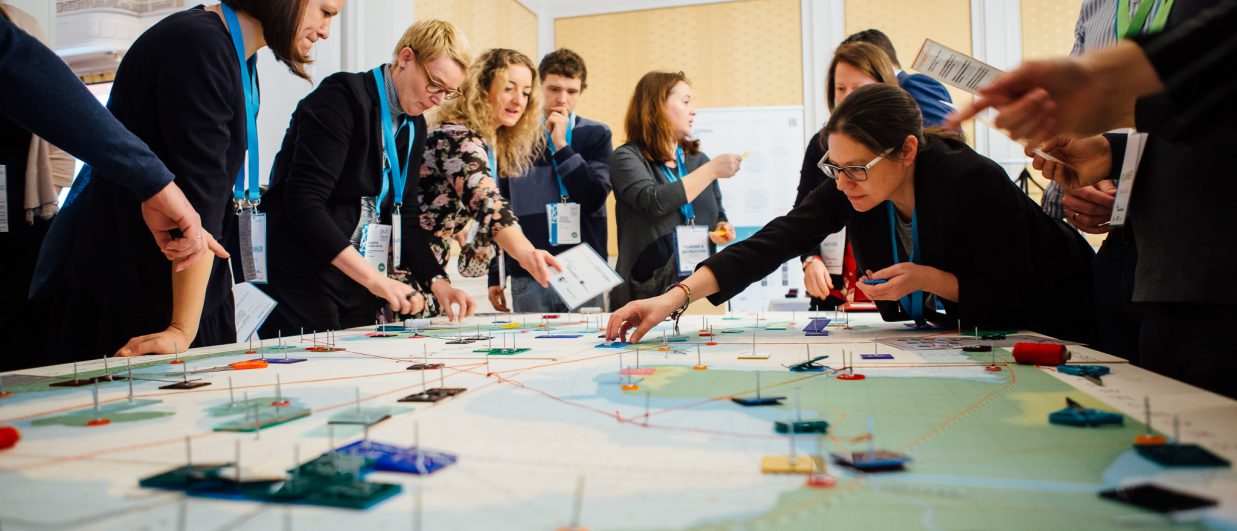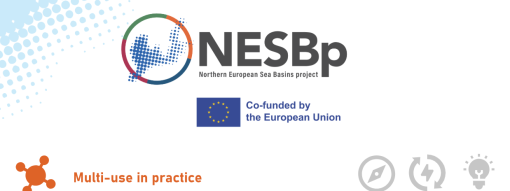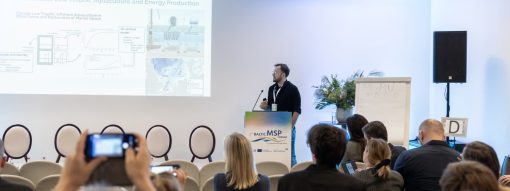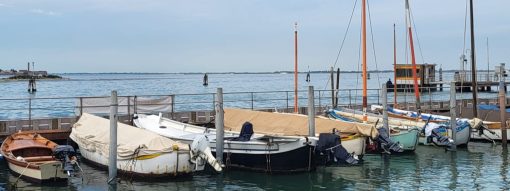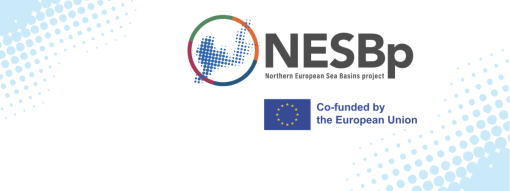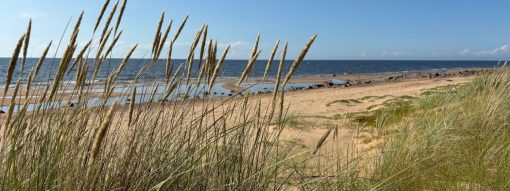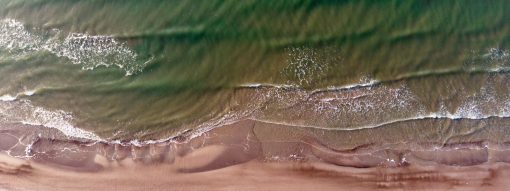Multi-use in practice: From mariparks to basin-scale Multi-Use
Multi-use in practice: From Mariparks to basin-scale Multi-Use
Work Package leader: Blue Cluster (Belgium)
Partners: Mantis Consulting (Belgium), International Marine and Dredging Consultants (Belgium), The Federal Maritime and Hydrographic Agency (Germany), Shom (France), SUBMARINER Network for Blue Growth, ORG Urbanism & Architecture BV (Belgium), SwAM – Swedish Agency for Marine and Water Management.
This work package will expand its focus to the basin scale, utilizing specific findings to propose how existing policy frameworks can be effectively utilized and, where necessary, revised to facilitate the sustainable development of multi-use (MU) at sea. The Maripark concept serves as a valuable tool for identifying the limitations within current governance and policy systems, ultimately guiding the establishment of sustainable multi-use area.
The development of an umbrella entity in the form of Mariparks is key to capitalising the much-discussed synergy benefits of offshore activities. The MARIPARK concept is used as the central theme to integrate on concrete working level the following aspects:
- Governance: permitting and setting up a coherent and holistic legal and administrative context.
- Ecosystem based approach: how to ensure that Mariparks operate in a genuine ecosystem based approach
- Sustainable blue economy: how to make all included activities sustainable, maximizing synergies between uses
- Monitoring and evaluation: integration of smart monitoring techniques to implement adaptive management
- Sharing data: smart use and collection of data supporting the different objectives
- Climate change: how do you prepare future proof Mariparks with regard to climate change?
- EU Green Deal: turn climate and environmental challenges into opportunities
By zooming out to the basin scale, we aim to capture a broader perspective of the challenges and opportunities associated with MU development. Through detailed analysis and research, we will identify key insights and recommendations to inform policy adjustments at regional, national, and international levels. The Maripark concept offers an unique approach to highlighting gaps and inefficiencies within existing governance structures. By assessing the feasibility and effectiveness of Mariparks in different geographical contexts, we can pinpoint specific areas where policy adjustments are needed to support sustainable MU development.
Ultimately, the goal is to provide policymakers with actionable insights and recommendations to enhance existing policy frameworks and enable the widespread adoption of sustainable MU practices. By leveraging the Maripark concept as a diagnostic tool, we can catalyse meaningful policy change and support the long-term health and vitality of marine ecosystems and coastal communities. In that way, the WP will demonstrate which MU concepts can be implemented in the existing legal frame(s) of North Sea and Baltic Sea Countries.
Work Package tasks
Task 4.1 Analyses and exploration of governance framework of ecosystem based Mariparks
Task 4.2 Sustainable Mariparks strategies
Task 4.3 Monitoring Mariparks through data sharing
Task 4.4 Governance of ecosystem based Mariparks
Task 4.5 Sea basin wide policy for Multi-use
Work package contact: Marijn Rabaut [marijn.rabaut@blauwecluster.be], Kinnie De Beule [kinnie.debeule@blauwecluster.be], Blue Cluster (Belgium)
